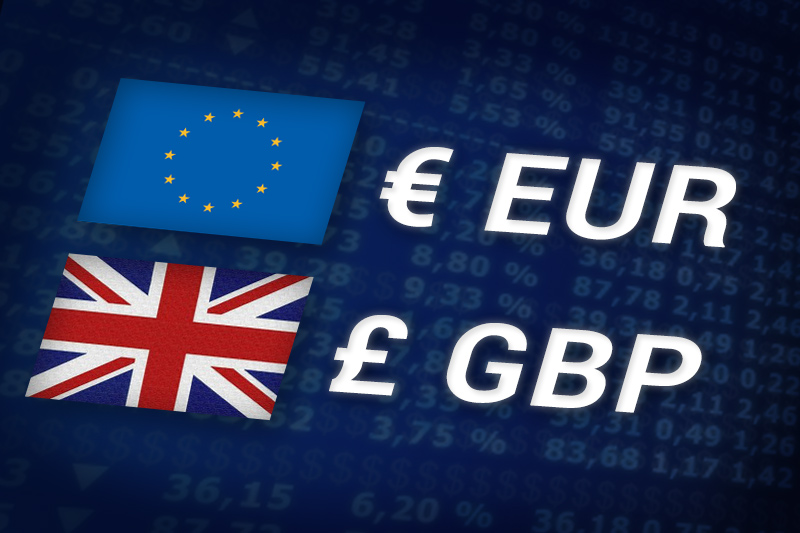Investing.com – The euro extended gains against the pound on Wednesday, advancing to a daily high, after British industrial output suffered a shock fall in February, raising doubts over a near-term rate increase by the Bank of England.
EUR/GBP hit 0.8785 during European morning trade, the daily high; the pair subsequently consolidated at 0.8779, gaining 0.58%.
The pair was likely to find support at 0.8712, Tuesday’s low and a eight-day low and resistance at 0.8839, Monday’s high.
Earlier, the U.K. Office for National Statistics said that industrial output contracted by 1.2% in February after downwardly revised growth of 0.3% in January. Economists had forecast a 0.4% increase in industrial output over the month and this was the biggest fall since August 2009.
Year-on-year, industrial output growth slowed to 2.4%, it’s weakest since July 2010.
The report said that oil and gas extraction fell by 7.8% due to maintenance work and production slowdowns at some sites, its biggest drop since August 2009.
Meanwhile, the euro was boosted by expectations that the European Central Bank would almost certainly raise interest rates for the first time since October 2008 on Thursday.
The pound was also lower against the U.S. dollar, with GBP/USD slipping 0.08% to hit 1.6281.
Also Wednesday, a report by U.K. lender Halifax showed that house prices edged higher in March but the small upward move was not enough to prevent prices falling over the first quarter of the year.
EUR/GBP hit 0.8785 during European morning trade, the daily high; the pair subsequently consolidated at 0.8779, gaining 0.58%.
The pair was likely to find support at 0.8712, Tuesday’s low and a eight-day low and resistance at 0.8839, Monday’s high.
Earlier, the U.K. Office for National Statistics said that industrial output contracted by 1.2% in February after downwardly revised growth of 0.3% in January. Economists had forecast a 0.4% increase in industrial output over the month and this was the biggest fall since August 2009.
Year-on-year, industrial output growth slowed to 2.4%, it’s weakest since July 2010.
The report said that oil and gas extraction fell by 7.8% due to maintenance work and production slowdowns at some sites, its biggest drop since August 2009.
Meanwhile, the euro was boosted by expectations that the European Central Bank would almost certainly raise interest rates for the first time since October 2008 on Thursday.
The pound was also lower against the U.S. dollar, with GBP/USD slipping 0.08% to hit 1.6281.
Also Wednesday, a report by U.K. lender Halifax showed that house prices edged higher in March but the small upward move was not enough to prevent prices falling over the first quarter of the year.
